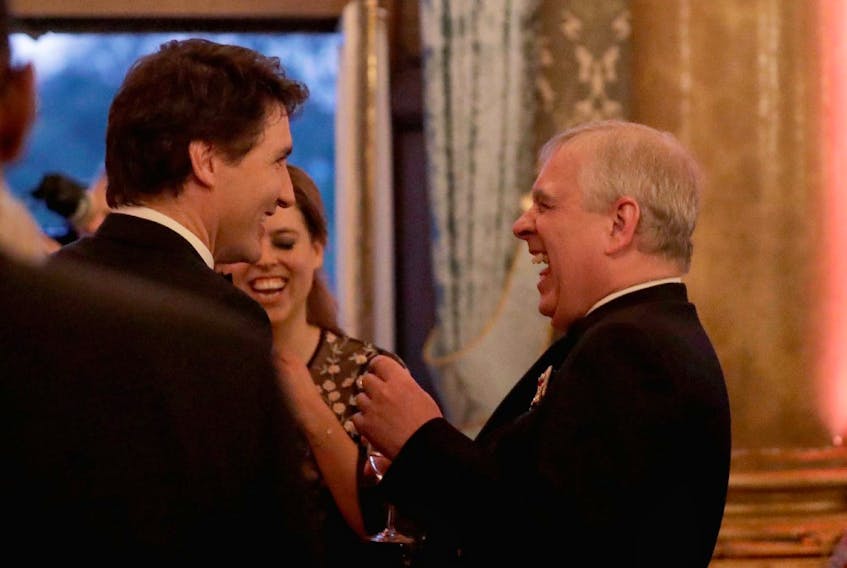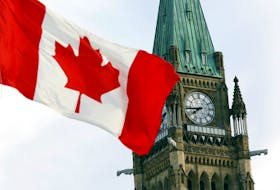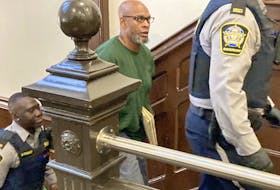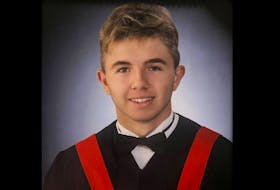Prince Andrew, the much-disgraced Duke of York, stepped away from public life late last month in the aftermath of a disastrous interview on the BBC. In the weeks since, organizations around the world, including the prince’s old Canadian private school, have raced to cut ties with the bungling royal. His own mother reportedly cancelled his 60th birthday party.
But the Queen’s middle son hasn’t yet lost all his official appointments. Despite his close ties to a notorious sex criminal and his own ham-fisted PR efforts, Prince Andrew remains the titular head of three Canadian military regiments, the Department of National Defence (DND) confirms.
“As is the custom, the Duke of York holds the honorary title of Colonel-in-Chief of The Princess Louise Fusiliers, The Royal Highland Fusiliers of Canada and the Queen’s York Rangers,” Jessica Lamirande, a DND spokeswoman, wrote in an email.
It took a full week of questions from the National Post for the DND to confirm even that much about the scandal-plagued prince. The department refused to answer any follow up questions on the record. Todd Lane, Defence Minister Harjit Sajjan’s press secretary, meanwhile, said the minister wouldn’t comment at all beyond the department’s statement.
“The position of Colonel-in Chief is a symbol of a direct relationship between the Sovereign and the members of that regiment. It’s not like a patronage. It has a much deeper meaning."
A government source, however, speaking on background, said Prince Andrew’s announcement that he was stepping away from public duties put the Canadian military into an unprecedented and somewhat baffling situation. No one within the department knew at first what it meant for Prince Andrew’s role within the Canadian Armed Forces. His statement, broad and vague, did not address his military roles, in Great Britain and across the Commonwealth, at all.
“This has never happened before,” the source said.
A statement Sunday from a royal spokesperson did little to clarify the situation: “The Duke of York has stepped back for the time being and will not be undertaking any public duties on behalf of his Patronages or associations.”

The title of Colonel-in-Chief isn’t merely symbolic. It can’t be wiped off a web page and forgotten. In fact, it’s not clear the Canadian government could rescind Prince Andrew’s appointments at all, even if it wanted to.
“The position of Colonel-in Chief is a symbol of a direct relationship between the Sovereign and the members of that regiment,” said Richard Berthelsen, an expert on the Crown and Canada. “It’s not like a patronage. It has a much deeper meaning. It is something that is official and is recognized in the Canadian Forces as having significant importance to history and heritage of that unit.”
Commonwealth regiments can only be granted a royal colonel-in-chief by the Queen herself. Most appointed serve in that capacity until they die. The Queen Mother was Colonel-in-Chief of the Toronto Scottish Regiment for 64 years, until her death in 2002.
On rare occasions, elderly royals have asked to be relieved of their appointments as part of a larger retirement from public life. Diana, the late Princess of Wales, voluntarily gave up all of her military appointments when she left the Royal Family. But Garry Toffoli, the executive director of the Canadian Royal Heritage Trust, doesn’t think anyone has been forcibly stripped of such an appointment since the outbreak of the First World War when foreign royals, including Kaiser Wilhelm II, had their British military titles revoked.
The Canadian government source said the department does not expect Prince Andrew to carry out any of his ceremonial duties in Canada while he remains in the royal penalty box. (During the past 20 years, he has presided over more than a dozen events linked to his positions as colonel-in-chief.) Should the Canadian military decide at some point that it wants to formally end its relationship with the prince, Toffoli believes the process would likely take place through back channels, from the Prime Minister to the Governor General or directly to the Queen itself. “It’s never happened that I’m aware of,” he said. But “there’s nothing stopping a prime minister from a making a recommendation, a very strong recommendation, I suppose.”
Even then, Toffoli believes it highly unlikely that Prince Andrew would be stripped of his titles. “Somebody would approach Andrew and ask him to voluntarily give up the appointment,” he said. “I don’t know that we’re at that state at this point,” he added. “We never get to that point.”
Copyright Postmedia Network Inc., 2019









